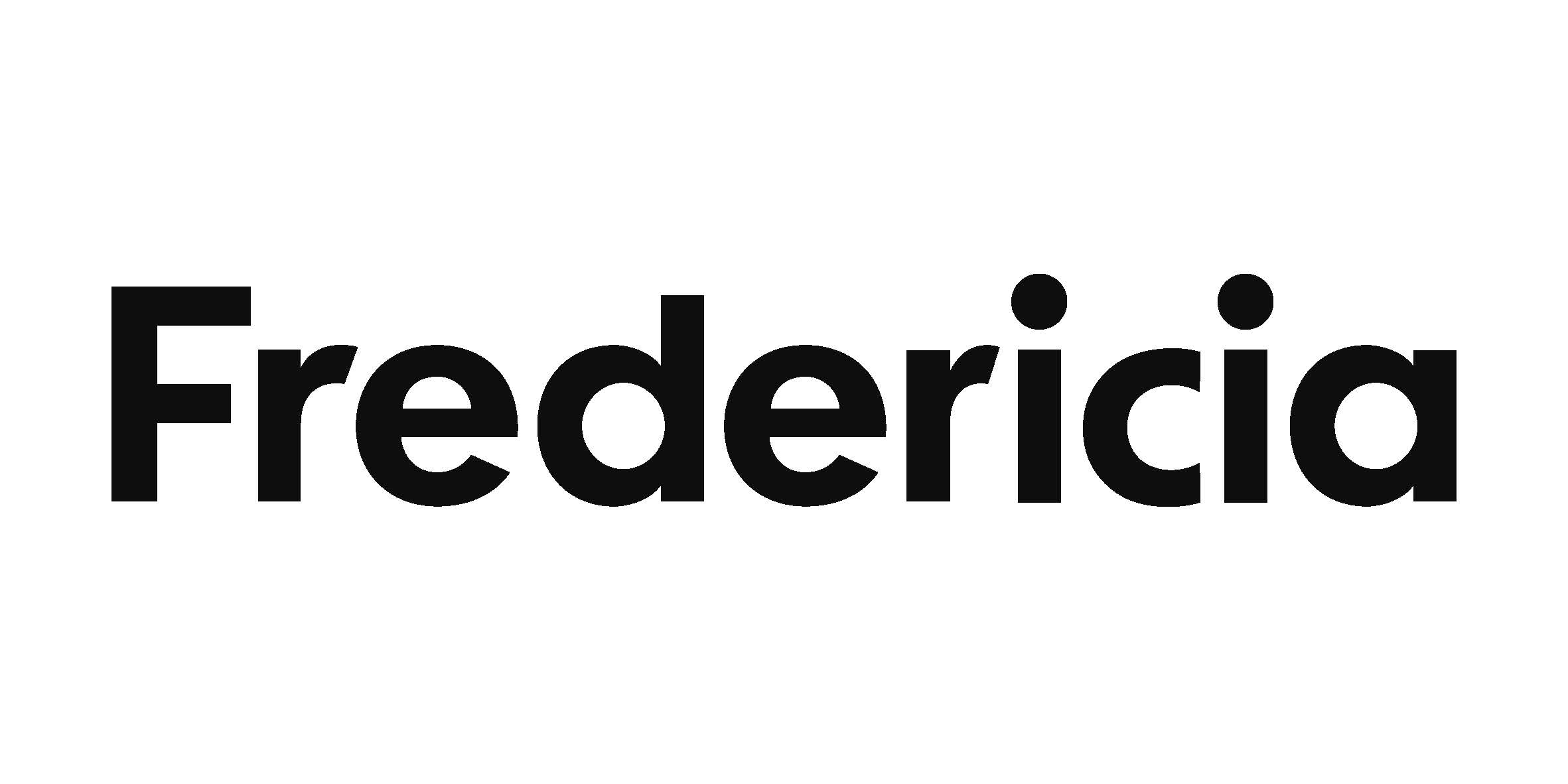

Fredericia Furniture A/S

Region of Southern Denmark, Denmark
June 2023
Furniture
Manufacturing
Denmark,
United Kingdom
Since its foundation in 1911, the family-owned company Fredericia has built a strong tradition of beautiful craftsmanship and innovative design, developed in close collaboration with a circle of internationally recognised designers. From legendary designers Børge Mogensen, Hans J. Wegner and Nanna Ditzel to contemporary Barber Osgerby, Monica Förster and Space Copenhagen, they all play a part in the design and craftsmanship institution that Fredericia is today. All sharing a love for honest materials and durable designs that age gracefully. Throughout the years, the Graversen family has expanded Fredericia’s circle of designers – each contributing to the renewal and reinterpretation of the Fredericia design ethos in a new context. Inspired by the creative power of long-lasting relationships, such as the close collaboration with Børge Mogensen, Fredericia continues to see designer collaborations as partnerships based on deep mutual trust. Forming a creative culture characterised by design integrity, artistic expression, material expertise and industry knowledge. Fredericia’s furniture is intended to be passed on from generation to generation. The core values of good design are rooted in the sense of responsibility and use of natural materials, ethical methods of production
Overall B Impact Score
Governance 15.9
Governance evaluates a company's overall mission, engagement around its social/environmental impact, ethics, and transparency. This section also evaluates the ability of a company to protect their mission and formally consider stakeholders in decision making through their corporate structure (e.g. benefit corporation) or corporate governing documents.
What is this? A company with an Impact Business Model is intentionally designed to create a specific positive outcome for one of its stakeholders - such as workers, community, environment, or customers.
Workers 26.7
Workers evaluates a company’s contributions to its employees’ financial security, health & safety, wellness, career development, and engagement & satisfaction. In addition, this section recognizes business models designed to benefit workers, such as companies that are at least 40% owned by non-executive employees and those that have workforce development programs to support individuals with barriers to employment.
Community 14.0
Community evaluates a company’s engagement with and impact on the communities in which it operates, hires from, and sources from. Topics include diversity, equity & inclusion, economic impact, civic engagement, charitable giving, and supply chain management. In addition, this section recognizes business models that are designed to address specific community-oriented problems, such as poverty alleviation through fair trade sourcing or distribution via microenterprises, producer cooperative models, locally focused economic development, and formal charitable giving commitments.
Environment 28.2
Environment evaluates a company’s overall environmental management practices as well as its impact on the air, climate, water, land, and biodiversity. This includes the direct impact of a company’s operations and, when applicable its supply chain and distribution channels. This section also recognizes companies with environmentally innovative production processes and those that sell products or services that have a positive environmental impact. Some examples might include products and services that create renewable energy, reduce consumption or waste, conserve land or wildlife, provide less toxic alternatives to the market, or educate people about environmental problems.
What is this? A company with an Impact Business Model is intentionally designed to create a specific positive outcome for one of its stakeholders - such as workers, community, environment, or customers.
Customers 1.4
Customers evaluates a company’s stewardship of its customers through the quality of its products and services, ethical marketing, data privacy and security, and feedback channels. In addition, this section recognizes products or services that are designed to address a particular social problem for or through its customers, such as health or educational products, arts & media products, serving underserved customers/clients, and services that improve the social impact of other businesses or organizations.